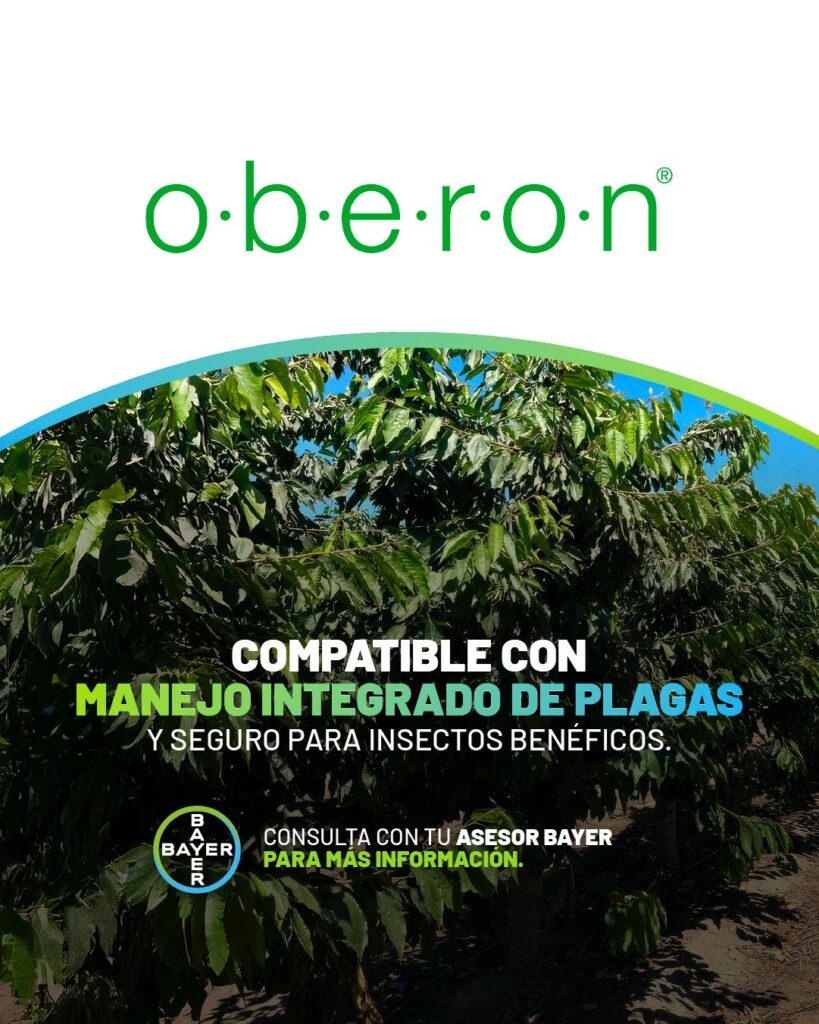A phrase that resounded strongly at the recent edition of the Agricultural Water Summit and that ended up being an important reflection among the attendees of the event, was what was pointed out by the independent consultant and sustainability specialist, Claudia Papic; the expert, who moderated the panel “Climate Scenarios for the Agricultural Sector”, said: "Water is needed not for agriculture, but for food."
This statement was issued in the midst of a call to integrate the different sectors, civil society, public and private sectors, academia, among others, in the face of the problem of water scarcity and climate change.
“As a conclusion of the panel, first, we would like to highlight this call for integration of the different sectors, to stop discussing the challenges of agriculture only among farmers, but to integrate the different sectors with which the challenges and potential actions are linked; then, to go a step beyond technology and start taking action based on the results that technology provides us, to strengthen public policies in aspects that go beyond the allocation and distribution of water, thereby promoting investment and strengthening the security of the sector, of people, of workers,” said Claudia Papic.
The panel moderated by the sustainability expert was made up of Dr. Diego Rivera and the panelists José Miguel Fernández, President of Fondo Sembrador; Carolina Cruz, Vice President of SNA; the former Minister of Agriculture María Undurraga, Dean of the Faculty of Natural Sciences at the Universidad San Sebastián.
“In our panel we had a presentation by Dr. Diego Rivera who presented the climate scenarios projected for Chile, mainly in the agricultural area, but from a positive perspective, that it is possible to face what these climate scenarios generate in the agricultural sector; he proposes more management than climate projection to face different scenarios that climate change brings, he raises the need for technology to make records and monitoring, promoting a monitoring network of climatic and water variables throughout the country in order to carry out such management,” the independent consultancy firm explained.
Claudia Papic concluded the panel “Climate Scenarios for the Agricultural Sector” at the Agricultural Water Summit by highlighting the need to avoid generalisations when defining courses of action to address the water crisis and the efficient use of water.
“Another relevant aspect was to take action to a vision of the territory beyond the particular understanding, that is to say to see the effects, the challenges and the actions that must be implemented with a view of the basin of sections of the different rivers, of micro-basins of ecosystems and not to speak in general terms of an entire sector or of the entire agricultural area or of the entire agricultural industry, but rather to pay attention to the vision of the territory in order to effectively understand what is happening and where and to promote the management of knowledge; there is ancestral knowledge that must be minted, that must be transmitted and that must be used for this taking of action. Finally, I wanted to emphasize that water is not needed for agriculture, but for food, because that is the only thing that will allow the development of our societies to be sustainable.” Papic concluded.








